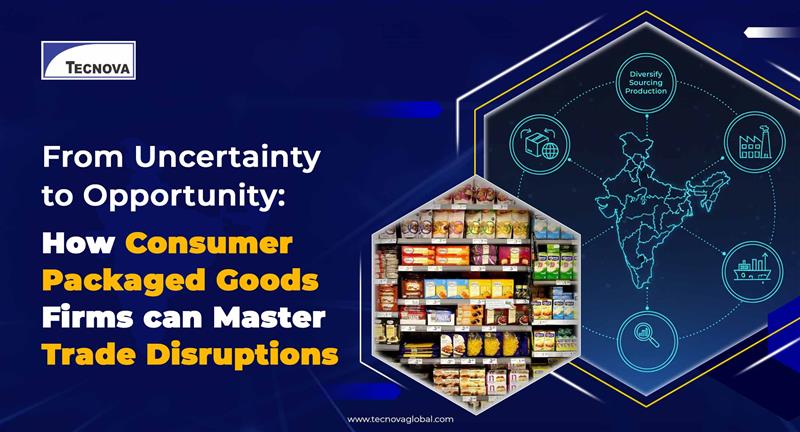The recent controversy about a popular noodles brand in India has brought forth internal strife within the Government as well as change in perception about processed food among Indian consumers. Despite these recent issues, it cannot be ignored that India’s tertiary food processing sector is ranked fifth in the world in exports, production and consumption. Also, the sector is poised to grow at a rate of 11 per cent to reach USD 16 billion in 2015, as per a research by Tecnova.
Some of the major contributors towards fueling this growth are increasing middle-class with disposable income, growing women professionals and single families, innovation in marketing strategies, inclination towards convenience food, and supportive Government policies such as setting up of mega food parks and ‘Make in India’ initiative.
However, the recent food safety concerns have prompted the Government to take a holistic view of the situation and embark towards revamping the present food approval regime towards globally accepted standards.
While, the food regulator, Food Safety and Standards Authority of India (FSSAI) and the Government are at loggerheads to create changes in the sector, let’s analyse what the proposed changes would mean for global food brands planning to explore the Indian market.
Stringent approval processes would mean more acceptability:
Due to the recent episode, consumer trust for processed food is on a shaky ground. However, in case of a stringent approval process being adopted by the Government, the consumers would be able to see more transparency in the process, which would also ensure ready acceptability from the consumers as well.
Health supplements and other food categories to benefit:
With the recent Supreme Court ruling questioning FSSAI’s practices, the regulator is now deciding to include around 1,000 items under the category of health supplements and nutraceuticals. This will prove beneficial for foreign health supplements brands planning to enter into India, as currently, the country does not have any regulatory guidelines to approve or monitor such food products. Also, this will help in checking counterfeit products, making it easier for foreign brands to establish their credibility with the consumers. Interestingly, this segment is expected to reach around USD 12.1 billion from the current USD 5.6 billion in the next five years, as per a recent research by an industry body[i].
Faster approval process key to growth:
The Government is committed towards promoting India as a manufacturing and investment hub through its ‘Make in India’ initiative and making the approval process faster is one of the key factors for getting more foreign brands in India. The Department of Industrial Policy and Promotion (DIPP) has been vocal about creating a faster process for food processing companies to receive approvals from FSSAI. In the new manufacturing policy of 2011, food processing has been recognised as a priority sector and speedier product clearances would mean more foreign investment into the sector.
Partnership with the US may ensure greater food safety and investment:
In a recently concluded U.S.-India Business Council (USIBC) meeting, Indian and the US officials discussed about various ways to increase in the food processing industry in India. The two-sides were in confirmation to develop policies in India which could help the country in garnering more foreign investments, creating better food safety and hygiene, fostering an environment of innovation and competition, while helping in introducing more new products in the market[ii]. Such a partnership would not only benefit various US-based companies, but also other foreign brands with FDA approvals to enter into India in an easier manner.
Food processing industry in India is on a cusp of change. Amidst this chaos as well, there is a huge opportunity to tap on the growing middle class consumers, with higher disposable income, changing lifestyle and exposure towards foreign brands. While, the policy changes may take some time to formulate, it could be a good time to create an India base for foreign food brands by conducting thorough research and keeping an eye on the market dynamics.
To help you tap this growing industry, connect with our consultants at enquiries@tecnovaglobal.com
[1] http://indianexpress.com/article/india/india-others/fssai-drafts-safety-norms-to-regulate-food-and-health-supplements/
[2] http://www.business-standard.com/article/pti-stories/agri-in-india-can-become-a-vibrant-sector-us-delegation-115082800070_1.html





.png)




.jpg)

%20(1).png)
.jpg)



.png)






.jpeg)

















.png)

.png)








.jpg)




.jpg)





















































